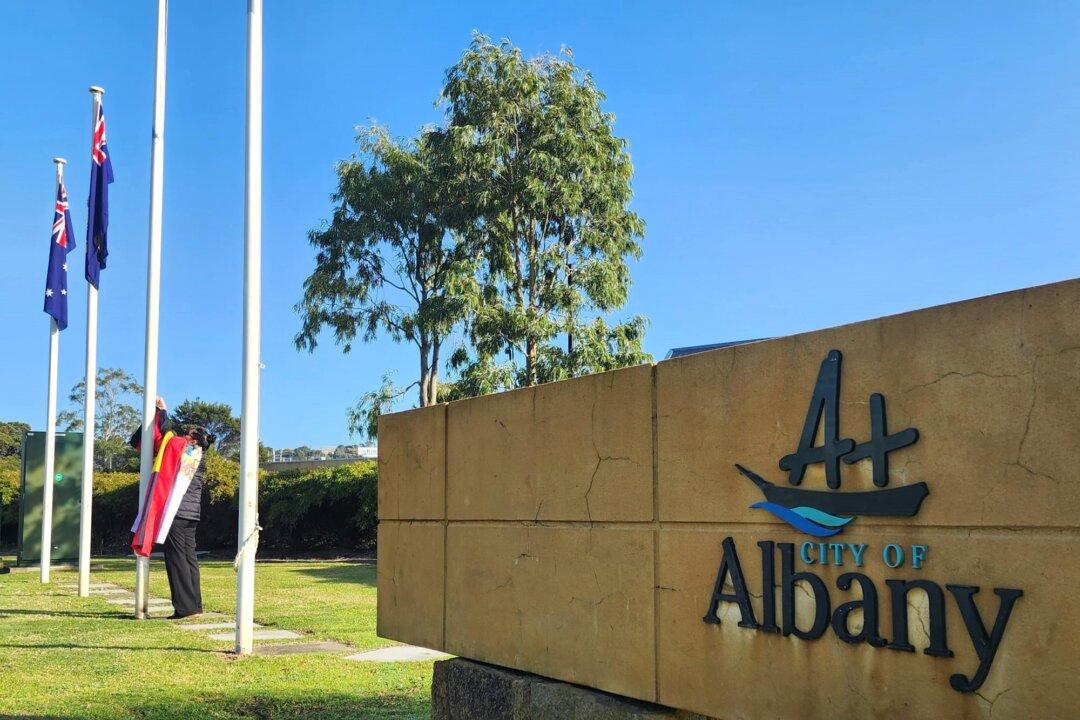Western Australia’s (WA) regional city of Albany has decided to cut ties with the northeastern Chinese city of Linyi after a majority council vote on Sept. 10.
Eight Albany councillors voted to end the relationship, while one voted against it.

Western Australia’s (WA) regional city of Albany has decided to cut ties with the northeastern Chinese city of Linyi after a majority council vote on Sept. 10.
Eight Albany councillors voted to end the relationship, while one voted against it.